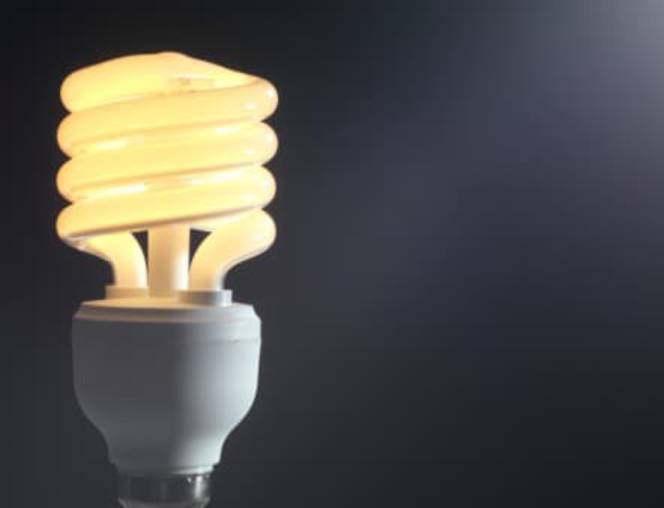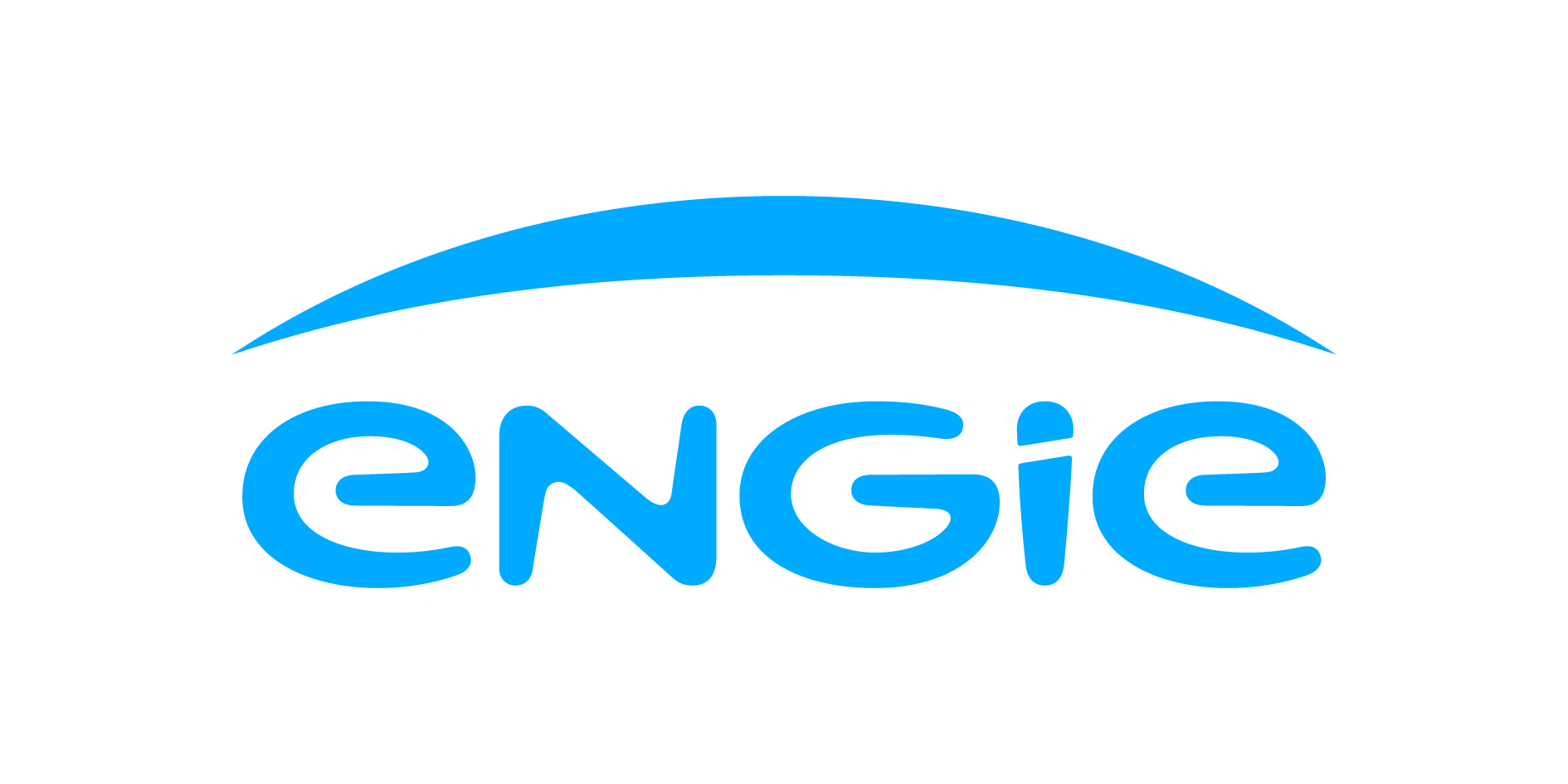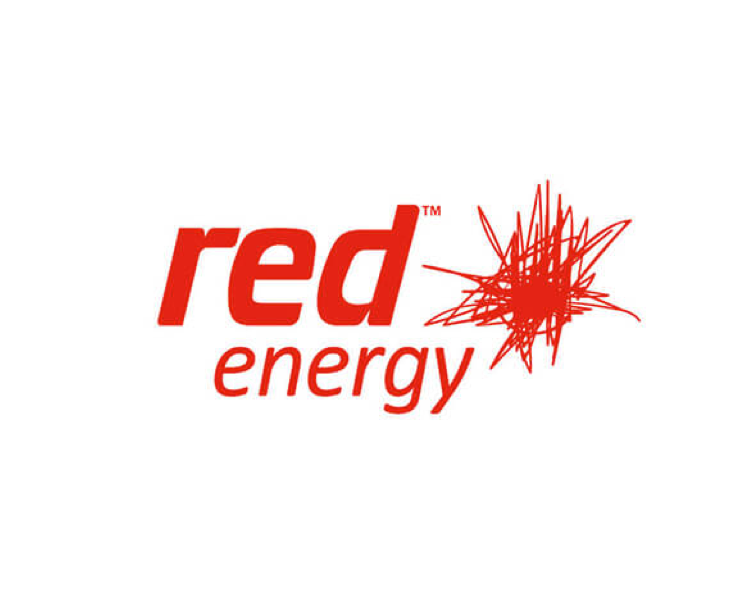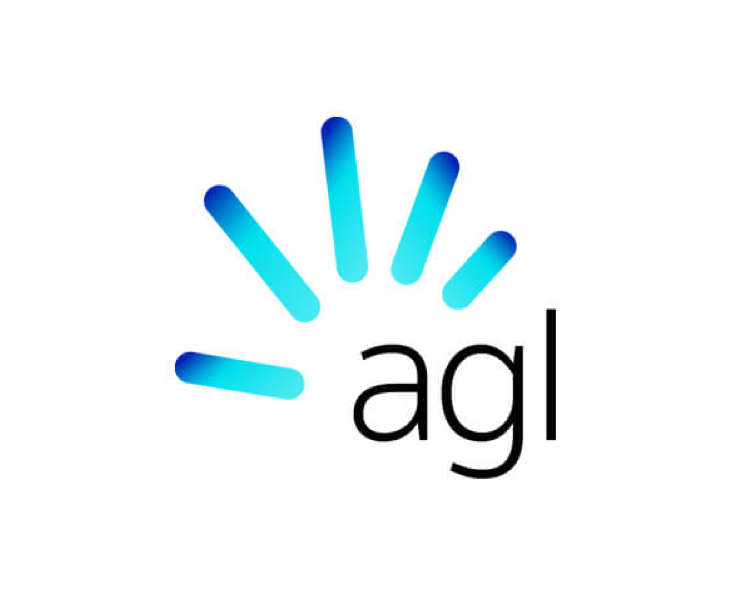See our range of Energy Providers
iSelect does not compare all providers in the market or all products offered by our partners in your area. Not all products or special offers are available to all customers and some may only be available over the phone or on the website. Learn more.
How you can compare Energy Plans with iSelect
Your energy, simplified
Easily compare, select and save from our range of plans and providers.
Average price increase for residential electricity and gas in Australia
While prices change between states, providers and even your own energy usage, Australia’s energy market does have periods where the average costs go up and down.
Source: Australian Energy Regulator – State of the energy market 2023, p227–229
Your energy questions answered
What is renewable energy?
Renewable energy comes from the kinds of sustainable natural resources Captain Planet was all about, like wind and water (unfortunately not heart though). Currently, a lot of us power our homes with electricity generated through finite resources, like coal and gas, which create carbon emissions and will run out one day. In good news though, it’s possible to create your own renewable energy at home, like using a solar panel, and even store it for use later on with a battery. Plus, Australia is already well on its way to a brighter future with both the ACT and Tasmania getting all their energy from renewables, like solar and wind farms.
How does solar energy work?
While we haven’t yet figured out how to walk on sunshine, we can readily turn the sun’s rays into renewable electricity using solar photovoltaic cells, like those in a solar panel. You can use that electricity straight away or store it in a battery for when the sun isn’t shining. This might help you slash your electricity bills as well as carbon emissions.
How do I calculate electricity cost from watts?
Why have electricity prices gone up?
Electricity prices are like the waves of the ocean, going up and down over time but sometimes it can feel like you’re dealing with a tsunami rather than a gentle swell. The global energy crisis was a tsunami moment and we’re still dealing with some pretty big waves in its wake.
Prices of wholesale Liquid Natural Gas (LNG) and coal skyrocketed in 2022, thanks to a few different factors. For starters, the war in Ukraine severely affected electricity prices across the world with a whole lot less LNG being available. So, Australia moved to fill the gap and began exporting its own LNG, along with plenty of coal. At home, we were and continue to deal aging coal plants that just can’t produce electricity like they used to. Unfortunately, those higher prices then got passed along to the everyday person and their electricity bill.
Wholesale prices have dropped a bit since the thick of the crisis but we’re not living in the good old days anymore. Plus, there’s concerns about our transition to renewables shaking things up again as we potentially see our energy system struggle to stay reliable. Add a general cost-of-living crisis to the mix and it starts to make sense that 52% of Australian households are more concerned about paying their energy bills than they were a year ago.1Australian Energy Regulator – State of the energy market 2023, p7
While you can’t do a great deal to drive down electricity prices, switching Electricity Providers could be a way for you to save at a time when we’re all feeling the pinch.
What are utilities?
Utilities cover a whole lot of things in daily life that we can easily take for granted, including electricity and gas, along with other essential services like water, council rates, sewage and rubbish. Many of these essential services typically aren’t free either, so you’ll need to keep an eye out for utility bills.
Some people also consider things like internet, pay TV, streaming services or their mobile phone a utility bill.
For many utilities – like sewage and rubbish – you don’t have a choice of provider as it’s all taken care of by your council. But when it comes to our electricity and/or gas, depending on where you live, you could have a bit of choice. For instance, in many parts of Australia you can choose your Gas and Electricity Providers, giving you the option to switch if you find a better value plan out there.
How do I switch Energy Providers?
Switching Energy Providers isn’t quite as simple as switching channels on the TV, but it comes in pretty close. The key though is making an informed switch, so you don’t swap to an Energy Plan that leaves you wanting.
Before you switch, you might want to look at the tariffs and rates another Energy Provider is offering, along with any fixed costs or service fees. Getting up to speed on the contract, like whether it’s fixed and comes with exit fees or is flexible, can also be a good idea. Comparing all this to your current Energy Plan and Provider could help you decide if it’s time for a change.
Once you’re confident you’re ready to make the switch, there’s only a few steps to follow.
- Have all the details ready, including the name of the plan you want to change to
- Get in touch with the Energy Provider online or via the phone to set up a new account and sign up to the plan you’re after
- Wait for confirmation either via email or through the post
And then you’re all good to go. You don’t even have to contact your old Energy Provider to let them know you’re leaving — your new Energy Provider will handle that. They’ll make sure that you’re switched over at the next meter read or you can let them know you’d like an earlier meter read to speed up the process. Plus, you won’t lose power during the switch. It’ll be a seamless transition.
How do I save money on my energy bill?
Energy savings can come in all shapes and sizes with plenty of tips to save electricity and cut down your gas bill floating around. For instance, you could:
- Switch lightbulbs to energy-efficient LEDs
- Adjust the temperature you set your heating or aircon to
- Close curtains and blinds on hot or cold days
- Upgrade from a gas hot water system to a heat pump
- Install solar panels at your place
You can also look at switching Energy Plans to see if you can get a better value deal.
What’s the best Energy Plan?
There’s no one-size-fits-all Energy Plans as we all have very different needs. So, prepare your best Paul Hollywood Handshake or Mark Holden ‘Touchdown!’ because it’s your turn to play judge.
A good judge measures the competition against lots of different factors to find that overall winner across the board. To figure out your scoring sheet, you might want to think about key things like:
- How many people live in your house
- If you have a smart meter
- If you have solar panels or are planning to get them
- If you want to bundle gas and electricity together
Ideally, you’ll be able to find an Energy Plan that gives you better value, however that looks for you.
How do smart meters work?
Smart meters are the next version of energy meters, keeping track of your property’s energy usage by taking a reading every 30 minutes. This reading gets sent to your Energy Provider so they can more accurately bill you for the energy you use. Even better, it no longer means having to deal with estimated readings because the meter reader didn’t want to tangle with Fido in your backyard.
And don’t worry, those readings get sent to your Energy Provider encrypted and over a secure network. At their end, your Energy Provider uses your meter ID to link the data to your account details to make sure you get the right bill. Your personal details, like name and address, don’t ever get transmitted by your smart meter.
What is carbon offset?
Carbon might be an essential element for all life on Earth, but sometimes we could do with a little less of it. Carbon emissions, after all, are a big factor in climate change. That’s why carbon offsetting is now offered by many Energy Providers. You may be able to pay a small additional fee to have your energy usage offset or your Energy Provider might provide it for free.
It’s important to know though that carbon offsetting doesn’t stop energy generated from non-renewable means, like burning coal or gas, from releasing carbon emissions. Instead, it finances projects to reduce, remove or capture released emissions. Encouraging reforestation or renewable energy are just a couple of ways of doing this.
How do I connect electricity to my new home?
No one wants to move into their new place and discover that they’re quite literally being left in the dark. Thankfully, getting your power connected is easy whether you’re moving into a new build or you’re just the latest in a long line of inhabitants.
All you need to do is let your Electricity Retailer know ahead of time that you’re moving. Let them know the big day a few days out and they’ll make sure the supply is switched on when you move in. They can also then disconnect the supply to your old home after you’ve moved out.
For new builds, it might take a little longer to get you up and running if a meter isn’t already installed, so you may want to call your retailer sooner rather than later.
Since you’re already going to be dealing with getting connected, moving house can be a convenient time to also swap Electricity Providers. There’s no harm in having a look at other Energy Plans on offer. Who knows, you might find one that’s more appropriate for you.
You might be interested in…

Solar energy can help the environment and help you save money by reducing your reliance on your energy provider, and in turn,…
Read More
It can seem like a lot of work to change energy providers, so many of us stay with the devil we know until it's time to move. B…
Read More
There's plenty to consider when looking for a great electricity plan: things like your energy usage, how long you'll be at the…
Read More
There are two main types of residential solar systems; a grid connect installation and an off grid installation. Here are the…
Read More
We can help you choose the right provider and save money, but the best way to save on energy is to use less of it. Here are 10…
Read MoreiSelect does not compare all energy providers or plans in the market. The availability of plans may change from time to time, depending on who iSelect’s providers are and what plans they make available to iSelect. Not all plans made available from iSelect providers may be compared by iSelect either due to commercial arrangements, area or availability, so not all plans or providers compared by iSelect will be available to all customers. Some plans and special offers are available only from iSelect’s contact centre or website. Energy plans are available only for properties located in eligible areas of Victoria, New South Wales, South East Queensland, South Australia and ACT. Click here to view iSelect’s range of providers.
*Based on iSelect data since July 2017 using Adobe Analytics Tracking Tool
We'd love to know what you think of our website so we can improve it!
- 1.

.svg)

 No additional costs to you
No additional costs to you





